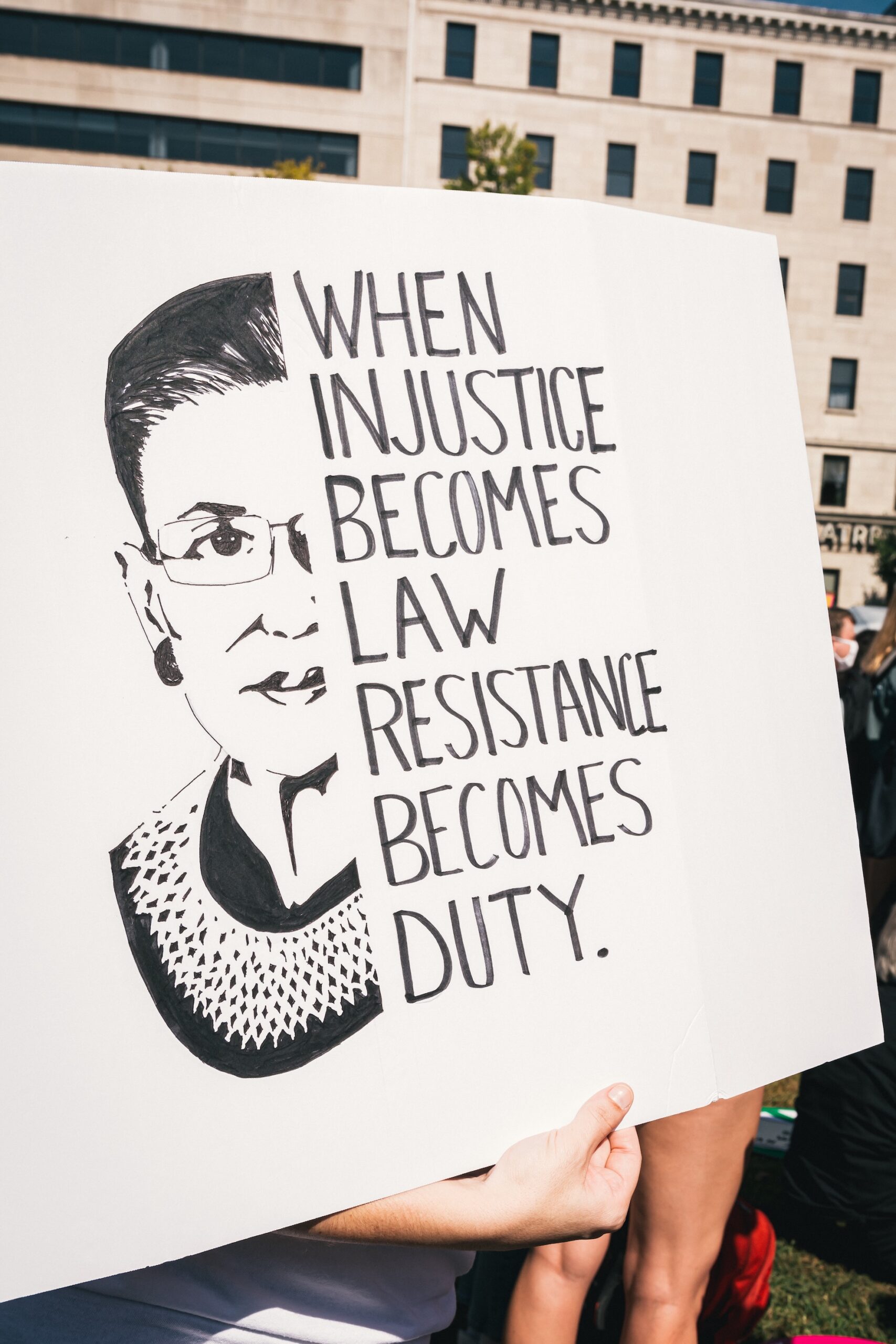On this day in 2013, Mississippi officially certified the 13th Amendment, becoming the last state to approve the abolition of slavery and involuntary servitude. The state voted against ratification in 1865, and in 1995 —130 years later— the state legislature voted to ratify the amendment but failed to notify the federal register. Use this anniversary to talk about the continued need for racial justice in the United States, especially in our criminal legal system. Cite the values of safety, opportunity, and community.
Tag: inclusive democracy
First Lunch Counter Sit-In
On this day in 1960, four civil rights protesters started the first lunch counter sit-in in Greensboro, NC. Use this anniversary to talk about the importance of civic action and standing up for racial justice. Cite the values of voice and community.
Black History Month
While Black History Month is officially commemorated during February, we honor Black history and celebrate Black excellence and futures year-round. This month — and into March — opportunities abound for telling an affirmative story about racial justice in the United States. Cite the values of voice and community in sharing these resources with your audiences.
15th Amendment
On this day in 1870, the Fifteenth Amendment to the United States Constitution was formally adopted. The last of the three Reconstruction amendments, it gave Black men the right to vote by declaring that this right could “not be abridged or denied by any state” on account of race, color, or previous condition of servitude. Over time, loopholes in the amendment would allow states to implement restrictions such as poll taxes and literacy tests that did not mention race by name, but effectively prevented most African Americans from voting. As a result of the Supreme Court’s gutting of The Voting Rights Act of 1965, voting rights face major threats in states across the nation. Discuss this anniversary by citing the values of voice and equity.
US v. Wong Kim Ark
On March 28, 1898, the U.S. Supreme Court ruled in the case of United States v. Wong Kim Ark that, under the 14th Amendment of the U.S. Constitution, children who are born in the United States to non-citizen parents are indeed U.S. citizens. Wong Kim Ark had been born in San Francisco to Chinese immigrants who were barred from ever becoming U.S. citizens under the Chinese Exclusion Act. He was denied re-entry to the United States after a trip to China and sued the federal government. Discuss this anniversary citing the values of equity and community.
Ruth Bader Ginsburg
Supreme Court Justice Ruth Bader Ginsburg was born on this day in 1933. Before becoming the second woman on the Supreme Court, the late Justice had a long legal career as an advocate for gender equality and women’s rights. As a cultural icon, her impact transcended courts. When discussing her legacy, it’s also important to note her mixed judicial record on issues of race and criminal justice, with particularly damaging decisions for indigenous rights. Cite the values of economic opportunity and voice.
Selma to Montgomery March
The first march from Selma to Montgomery for voting rights in Alabama took place on this day in 1965. Use this anniversary to talk about the renewed urgency to protect voting rights and fight racial injustice. Cite the values of equity and voice.
Star Wars Day
Star Wars Day celebrates the Star Wars media franchise created by writer and director George Lucas. Starting with the iconic Skywalker film series and expanding to TV, books, comics, and even fan fiction, the world of Star Wars has grown to address various themes including family, caregiving, labor rights, activism, rebellion, criminal justice, and more. Use today to lift up your campaigns. Cite the values of economic opportunity, voice, equity, and community.




